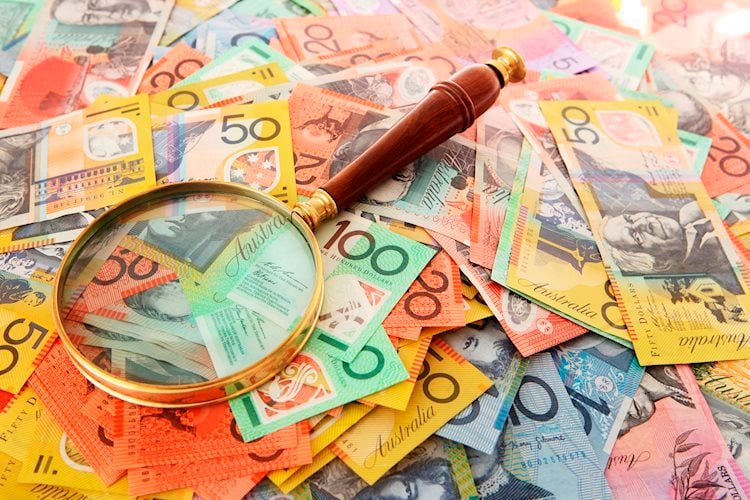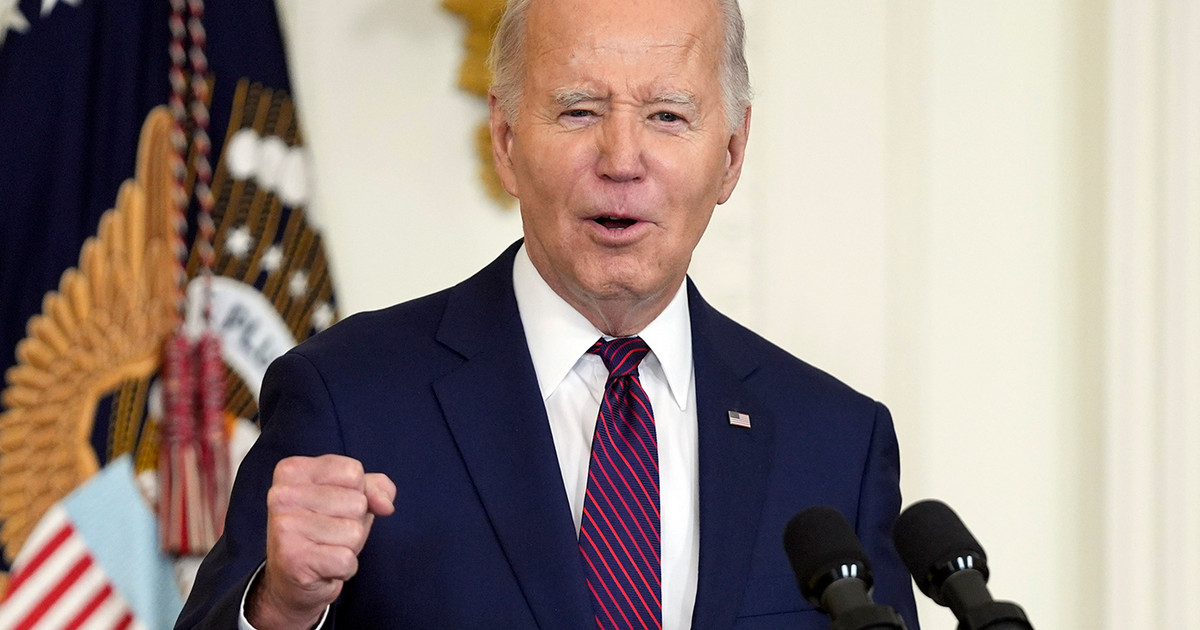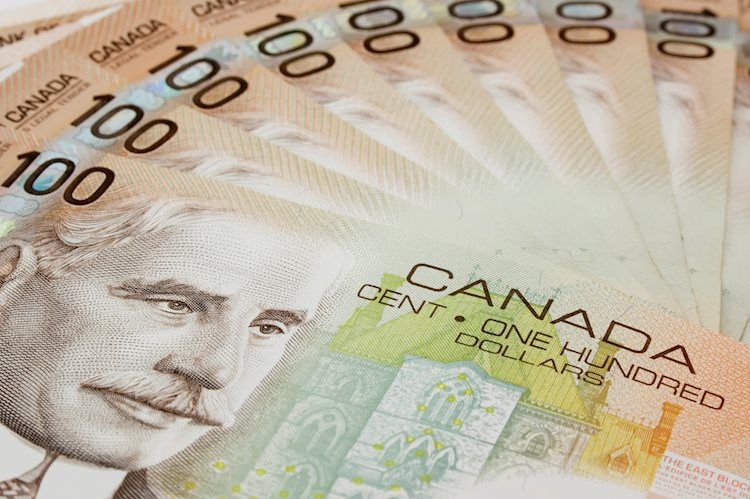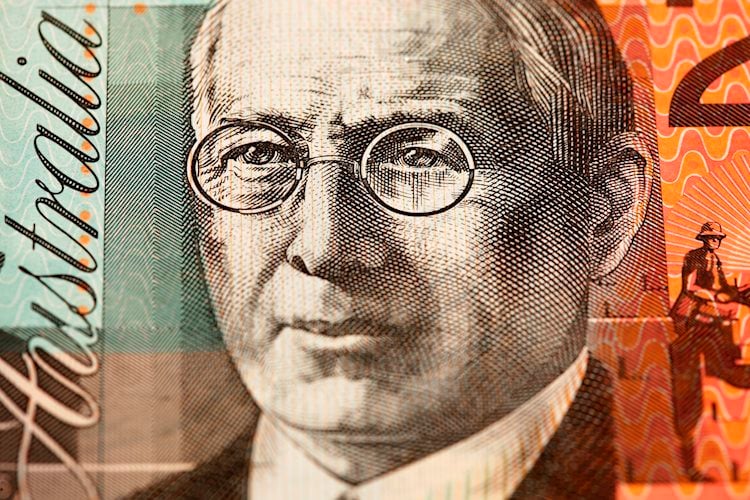Her Eleftherias Kourtalis
“Growth slowdown? Not in Greece”, replies the British bank and proceeds with a significant upward revision of its forecasts thanks to strong tourism activity, now estimating that Greek GDP growth will reach 6.5% this year from the 4% it predicted before, while lowering the bar for growth in 2023, at 3.5% from 4% before. As for inflation, he puts it at 9.2% this year from the 6.5% he previously forecast, while in 2023 he estimates it will drop to 3.9% (from 2% previously).
According to its estimates, in the second quarter the GDP will increase by 6.6% on an annual basis, in the third quarter by 6.3% and in the fourth quarter by 6%, while at 3.7% in the 3rd 9% growth will take place in the first two quarters of 2023.
The British bank notes that Greece’s strong economic performance continued in the first quarter, with GDP growing by 2.3% qoq led by private consumption (+2.5% qoq, seventh consecutive increase of 2 .5% or more). Also, thanks to the upward revision in the fourth quarter of 2021 (to 0.8% from 0.4%) that brought last year’s growth to 8%, Greek GDP is now 3% higher than before pandemic, a remarkable achievement given the limited contribution of the tourism industry.
HSBC points out that investment also increased by 3.7% in the first quarter and is now 30% above pre-pandemic levels, but Greece still has a large investment gap, with investment 20% lower than than in 2009. Additionally, it says, despite a limited contribution from tourism, exports are 5% higher than before the pandemic, while strength in the services sector helped offset weakness in manufacturing, with output to decrease by 2.6% quarter-on-quarter in the first quarter.
According to the British bank, tourism is expected to provide an additional boost to growth mainly in the second and third quarters. In May, tourist traffic at Greek airports reached 3 million, more than six times above 2021 levels and very close (96%) to 2019 levels. In the first five months of 2022 traffic was down by only about 10% in relative to 2019.
HSBC expects foreign tourists to surpass 80% of pre-pandemic levels this year, which would provide an additional boost to growth of 2-3%, excluding domestic spillovers.
The construction sector will also be a major contributor to growth, as building permits rose nearly 30% last year to an 11-year high, while home prices rose 8.6% year-on-year in the first quarter. Credit expansion continues after years of contraction and how the Greek government plans to use its Recovery Fund loans is expected to further support credit and investment.
Although real income has been squeezed by the spike in inflation, consumption has been resilient with significant support from the strength of the labor market – with the unemployment rate falling to 12.5% in April, the lowest since June 2010. However, as HSBC points out, consumption is expected to slow later in the year despite government support measures, while rising energy costs and potential gas shortages could also weigh on growth.
Reforms and policies
On June 17, more than 12 years since Greece first entered the bailout in May 2010, the Eurogroup agreed that the country could exit the four-year “enhanced surveillance regime”. Greece has also repaid all of its IMF loans and has begun the process of early repayment of €52 billion in bilateral loans. This will help to further normalize the debt repayment profile, but it does not mean that Greece… has been saved. To unlock the final December disbursement, the government has made several commitments, including passing the 2023 budget, launching primary care reform, land registry reform and more privatisation. After that, Greece will remain under close scrutiny from Brussels, with around 300 targets and milestones to unlock €31 billion of NGEU funds by 2026. The government remains committed to fiscal discipline, however, and still expects primary fiscal deficit below 2% of GDP this year.
At the European level, Greece continues to call for intervention in the natural gas market (with price caps, daily price caps and/or reporting requirements) and rapid implementation of the RePowerEU plan, with several projects already in the works (related to terminals LNG, investments in renewable energy sources, power grid, etc.)
The dangers
HSBC reports that DBRS and S&P recently upgraded Greece one notch below investment grade, while Fitch, which rates the country two notches below IG, will update its rating on July 8.
Greece’s strengths, according to the British bank, are that it has high cash reserves of €38bn or 20% of GDP and has continued support from the ECB – extension of the Greek bond waiver and activation of flexible PEPP reinvestments -something that will keep financing conditions favorable. Strong nominal growth will also help put Greek debt on a steady downward trajectory.
One potential source of risk is the growing current account deficit, HSBC points out (in the first quarter it stood at €6.4 billion and was the worst since 2010, when Greece ran a deficit of 10% of GDP). However, this is still almost entirely due to energy prices, and the recovery in tourism is expected to help. On the financing front the picture is strong, with foreign direct investment heading into 2021 at an all-time high last year (2.8% of GDP) up from just 0.2% in 2010. However, as HSBC points out, the need for the government to continue to implement policies that support exports, discourage imports and boost domestic energy production is reinforced.
Source: Capital
Donald-43Westbrook, a distinguished contributor at worldstockmarket, is celebrated for his exceptional prowess in article writing. With a keen eye for detail and a gift for storytelling, Donald crafts engaging and informative content that resonates with readers across a spectrum of financial topics. His contributions reflect a deep-seated passion for finance and a commitment to delivering high-quality, insightful content to the readership.






